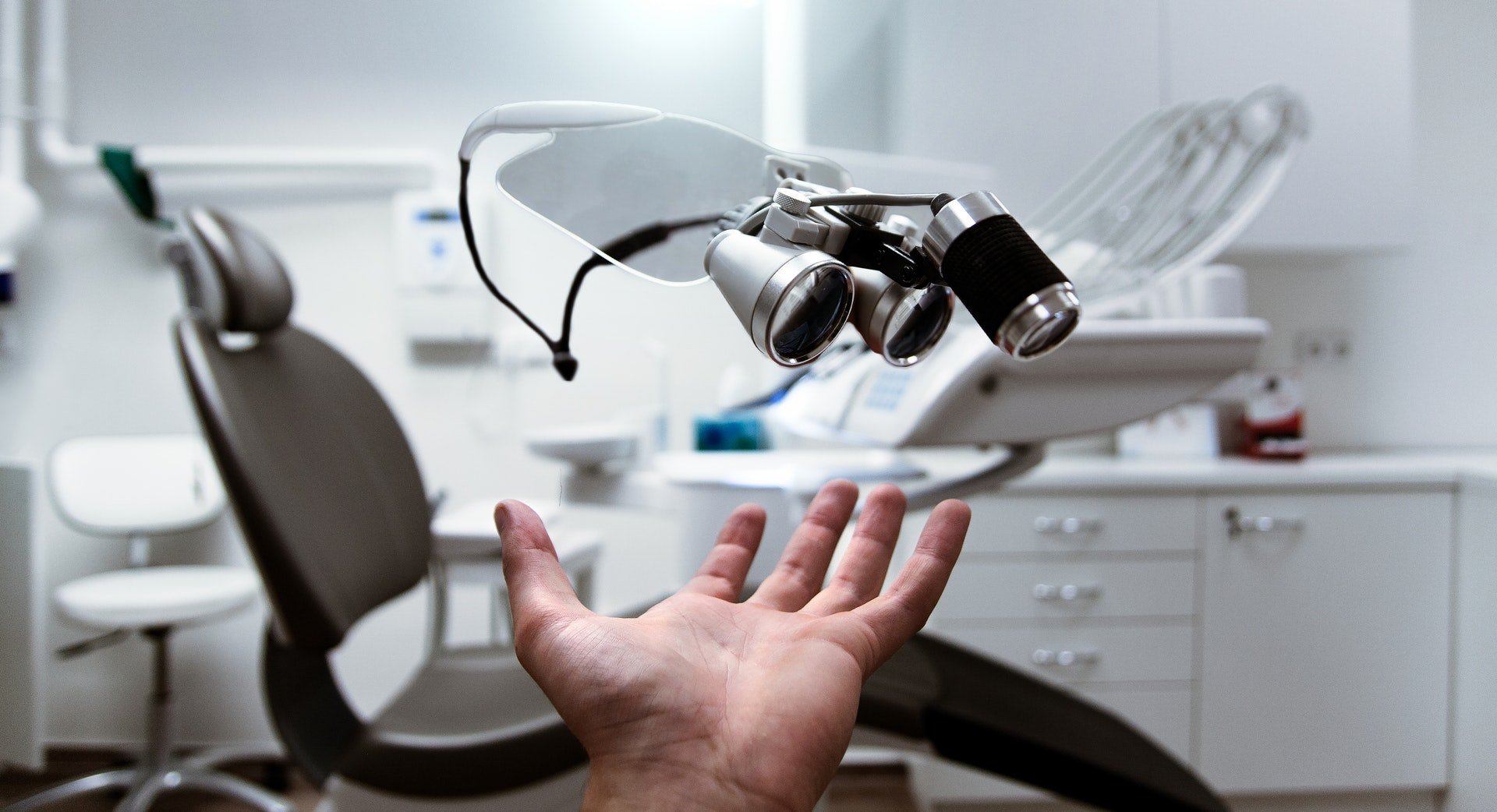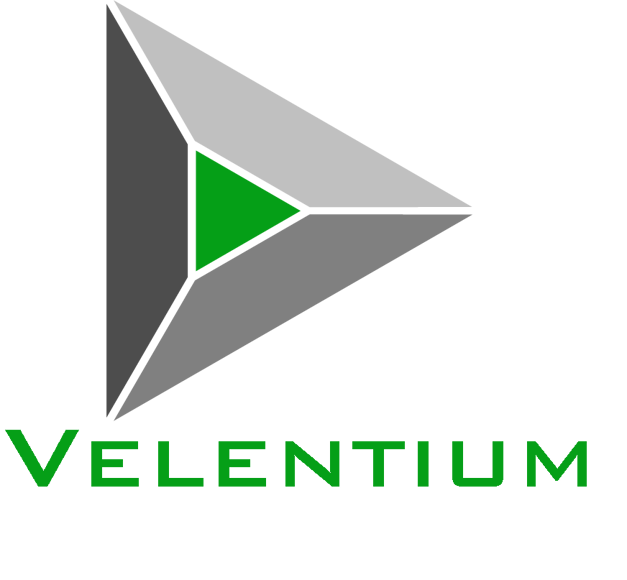When developing a new device using Human Factors Engineering (HFE), researching known use- and design-related issues and hazards that have already been identified for similar devices can give you an early boost and save you from reinventing the wheel.
Here are seven databases of medical device usage reporting to help you get started.
“Each year, the FDA receives several hundred thousand medical device reports (MDRs) of suspected device-associated deaths, serious injuries, and malfunctions. The FDA uses MDRs to monitor device performance, detect potential device-related safety issues, and contribute to benefit-risk assessments of these products.
The MAUDE database houses MDRs submitted to the FDA by mandatory reporters (manufacturers, importers, and device user facilities) and voluntary reporters such as health care professionals, patients, and consumers.”
“The Medical Product Safety Network (MedSun) is an adverse event reporting program launched in 2002 by the U.S. Food and Drug Administration’s Center for Devices and Radiological Health (CDRH). The primary goal for MedSun is to work collaboratively with the clinical community to identify, understand, and solve problems with the use of medical devices.
Once a problem is identified, MedSun researchers work with each facility’s representatives to clarify and understand the problem. Reports and lessons learned are shared with the clinical community and the public, without facility and patient identification, so that clinicians nationwide may take necessary preventive actions.”
“The FDA posts summaries of information about the most serious medical device recalls. These products are on the list because there is a reasonable chance that they could cause serious health problems or death.
Search the database to find information about Class I medical device recalls and some Class II and III recalls of interest to patients. The links give details about what to do if you own or use one of these products.”
“The FDA posts Medical Device Safety Communications to describe FDA’s analysis of a current issue and provide specific regulatory approaches and clinical recommendations for patient management.”
“The MDSR database is a repository of medical device incident and hazard information independently investigated by ECRI Institute, a nonprofit health research agency.
MDSR is a periodically updated review of the types of problems that have occurred with medical devices and lessons learned over the past three decades. It focuses on the steps that medical device users can take to prevent or reduce medical device risks to patient care and healthcare worker safety.”
“The Institute for Safe Medication Practices (ISMP) prioritizes communication and education about medication errors, publishing five electronic medication safety newsletters for healthcare professionals and consumers that collectively reach more than three million readers. ISMP’s newsletters are widely recognized as some of the most timely and comprehensive medical alert systems in the world.”
“The Joint Commission accredits and certifies nearly 21,000 health care organizations and programs in the United States. Event-related data is reported to The Joint Commission from our accredited organizations. By identifying causes, trends, settings and outcomes of events, The Joint Commission can provide critical information in the prevention of events to accredited health care organizations and the public.”
See also: The Joint Commission’s five-minute introductory podcast on Human Factors Engineering.






